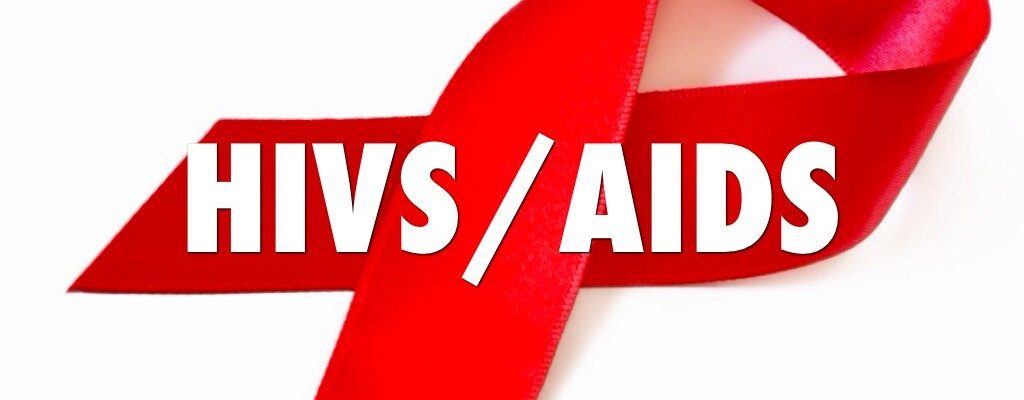How to Know If You Have HIV/AIDS

HIV testing is a crucial step in understanding your health status and taking control of your well-being. Here’s what you need to know about who should get tested, why it’s important, and how the process works.
Who Should Get HIV Testing?
HIV testing is strongly recommended for individuals categorized as “high-risk.” High-risk individuals include:
- Men who have sex with men (MSM). This group has a higher statistical likelihood of HIV transmission due to certain sexual practices.
- People who use injectable drugs. Sharing used needles significantly increases the risk of HIV infection.
- Individuals engaging in unprotected sex. Those who have sexual encounters without using condoms are at a higher risk of contracting HIV.
- Commercial sex workers or those who engage in transactional sex. People in this group face increased exposure to HIV through frequent, unprotected sexual encounters.
Even if you don’t consider yourself high-risk but believe you might have been exposed to HIV through any transmission method (e.g., unprotected sex or shared needles), it’s still highly recommended to get tested.
Why Is HIV Testing Important?
HIV testing offers numerous benefits:
- Early Treatment. If diagnosed early, you can start antiretroviral therapy (ART) immediately. While these medications cannot eradicate HIV, they can slow its progression to AIDS, improving your quality of life and increasing longevity.
- Preventing Transmission. Knowing your HIV status enables you to take precautions to protect others, such as abstaining from sex or using condoms during sexual activity.
How Is HIV Diagnosed?
To determine your HIV status, your blood must be tested in a laboratory. Here’s how the process works in the Philippines and many other countries:
- HIV Screening.
- The first step is an enzyme-linked immunosorbent assay (ELISA) test, which detects antibodies produced by the immune system in response to HIV.
- Antibodies typically become detectable within six months of infection. If the test is negative, it means either:
- You do not have HIV (HIV-negative), or
- You may have contracted HIV in the past six months, during which antibodies are not yet detectable.
- If you haven’t engaged in high-risk behaviors within the last six months, a negative result likely confirms you are HIV-negative.
- HIV Confirmatory Test.
- If the screening test is positive, a second test called the Western Blot is conducted to confirm the diagnosis.
- The Western Blot test is highly accurate, and a positive result confirms that you are HIV-positive.
Confidentiality of HIV Testing
HIV testing is confidential. In the Philippines, you can visit designated HIV testing centers to ensure privacy and receive professional guidance. For a list of testing centers, refer to the article “Listahan ng mga HIV Testing Centers sa Pilipinas.”
Taking Action
If you suspect you might have been exposed to HIV, don’t delay getting tested. Early detection is crucial for starting treatment and preventing further transmission. Testing is a responsible step toward protecting your health and the well-being of others.
By understanding the process and benefits of HIV testing, we can work together to reduce the stigma and ensure a healthier future for all.


